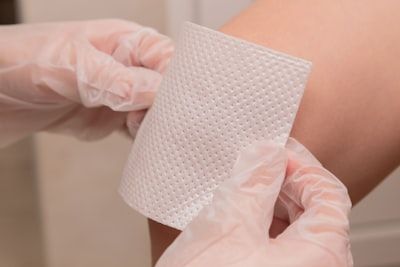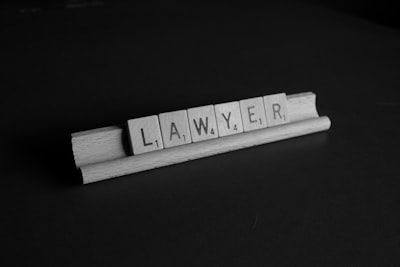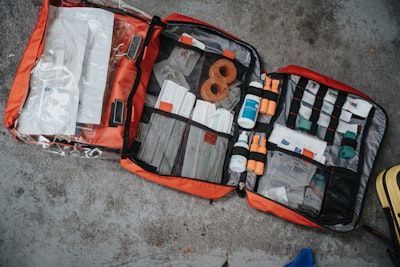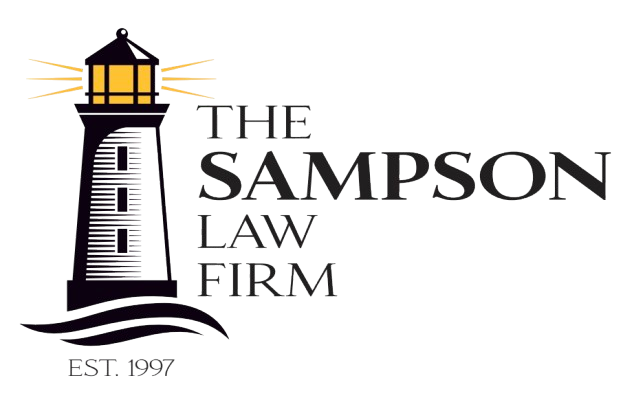Dos and Don’ts of Burn First-Aid
Burns are common personal injuries that can range considerably in severity. They are typically categorized as first-degree, second-degree, or third-degree burns. First-degree burns affect the outermost layer of skin and may cause redness and mild swelling. Second-degree burns go deeper and often cause blisters. Third-degree burns can destroy nerve endings, cause scarring, and leave the skin white, blackened, or leathery.
Understanding the severity of a burn will help determine the level of first aid required—and when to seek professional medical attention.
Burn First Aid: What to Do and What to Avoid
Unfortunately, many people follow outdated advice that can worsen burns instead of relieving them. Below is a quick breakdown of the most common dos and don’ts for burns, including mistakes to avoid like putting butter or ice on the wound.

Do: Use Antibiotic Ointment and Cover Loosely
Apply antibiotic ointment to first-degree burns and loosely cover them with sterile gauze. This helps prevent infection and supports healing.
Don’t: Put Butter on a Burn
Despite the popularity of this home remedy, butter traps heat and can worsen the injury. Why do people put butter on burns? It’s a myth that it soothes pain, but in reality, it may lead to infection and slow healing. The same goes for petroleum jelly or grease. Should I put butter on a burn? No—always opt for cool water and proper medical advice.
Do: Rinse With Cool Water
Run cool (not ice-cold) water over the burn for several minutes. This helps lower skin temperature and minimize tissue damage.
Don’t: Use Ice or Ice Water
Why shouldn’t you use ice on a burn? Ice can cause tissue damage or even frostbite, especially in more serious burns. Always use cool water only.
Don’t Burst Blisters
Blisters protect underlying tissue. Bursting them increases the risk of bacterial infections, especially with second-degree burns.
Do: Seek Immediate Medical Attention for Serious Burns
If the burn is deep, covers a large area, or involves the face, hands, feet, or genitals, seek professional care immediately. Which action should be avoided when treating a third-degree burn? Avoid all home treatment—these burns require emergency care.
Do: Get a Tetanus Shot After a Burn
Many people ask: Do I need a tetanus shot for burns? If your burn is moderate to severe and your vaccine isn't up to date, the answer is yes. Tetanus bacteria thrive in burn wounds, and it’s crucial to receive a tetanus booster within 48 hours of injury to avoid infection.
Special Considerations: Muffler and Motorcycle Burns
Motorcycle accidents can result in muffler burns, which often lead to second- or third-degree injuries. These burns can become infected quickly and may leave scars. If you're wondering how to treat a muffler burn or looking for ointment for motorcycle burns, the best first step is to cool the area with water and seek medical care. Avoid applying creams or oils without a physician’s recommendation.

Burn Injury First Aid FAQs
Why shouldn’t I apply ice to my burn?
Ice may seem soothing, but it can damage skin and nerves, especially in severe burns. Use cool running water instead.
Do I need a tetanus shot for a burn injury?
Yes—especially if the burn is deep or dirty, and your tetanus vaccine isn’t current. Tetanus is a serious bacterial infection that thrives in open wounds.

How can I tell how serious my burn is?
Burns are categorized by depth. First-degree burns cause redness, second-degree cause blisters, and third-degree may appear black, white, or numb. When in doubt, seek medical care.
When should I see a doctor for a burn?
Get medical help immediately if the burn is large, involves the face or joints, or is caused by chemicals, electricity, or explosions.
Need Legal Help for a Burn Injury?
If your burn was caused by another party’s negligence—such as unsafe equipment, a car accident, or a workplace hazard—you may be entitled to compensation. Speak with a qualified Louisville personal injury attorney at Sampson Law Firm today. Call
(502) 584-5050 for a free consultation.
